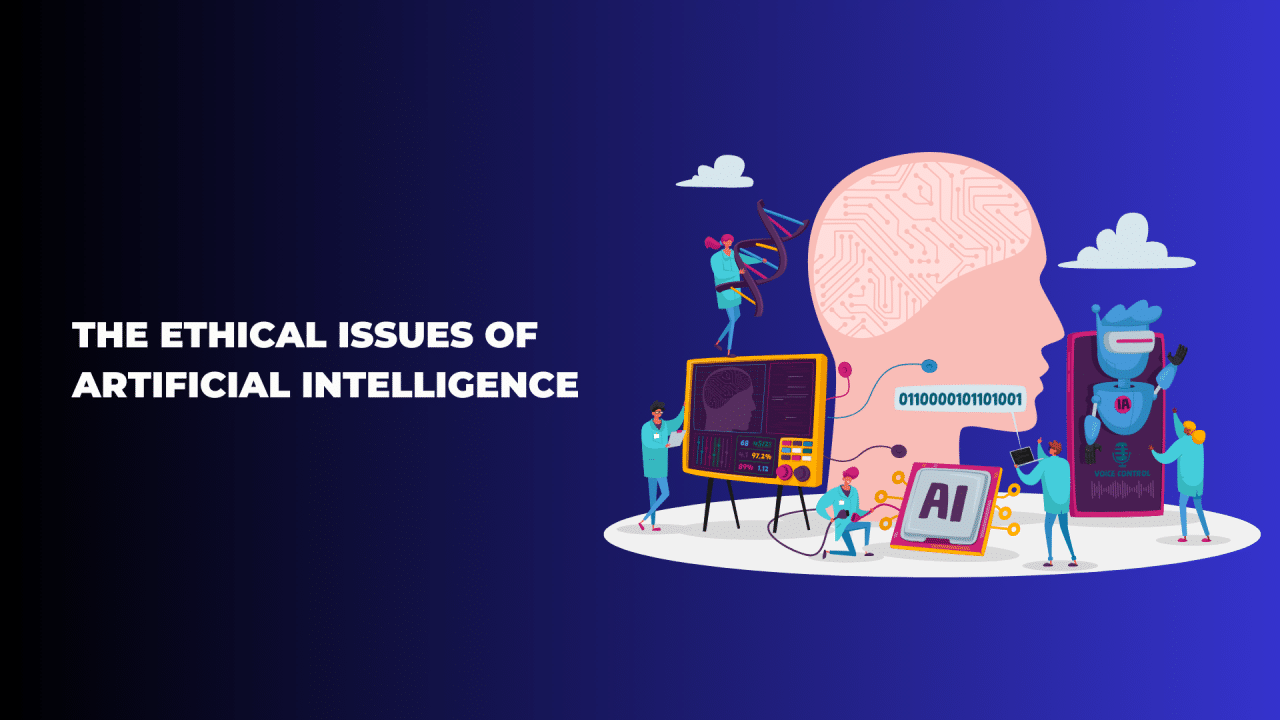Artificial intelligence has shaken up many industries, and healthcare is no exception. AI in healthcare is transforming everything from diagnostics to treatment plans. AI-powered algorithms can now detect diseases as accurately as human doctors. As AI continues to advance, it can help cut down diagnosis time, potentially saving millions of lives.
How is AI Revolutionizing Healthcare
AI is changing healthcare at an unprecedented pace, offering solutions that were once considered the stuff of science fiction. ML algorithms can analyze medical images with remarkable accuracy, often detecting diseases like cancer earlier than human doctors. A study published in Nature found that an AI model developed by Google Health outperformed radiologists in identifying breast cancer from mammograms, reducing false negatives by 9.4%.
1- AI in Diagnostics and Personalized Medicine
Beyond diagnostics, AI is revolutionizing personalized medicine. Instead of a one-size-fits-all solution, AI can analyze genetic information, lifestyle data, and treatment responses to create highly individualized treatment plans. This is particularly promising for cancer therapies, where AI helps match patients with the most effective drugs based on their genetic profiles.
2- AI in Robotic Surgery and Virtual Assistants
AI-driven robotic surgery is another game-changer. The Da Vinci Surgical System, for instance, uses AI to assist surgeons with minimally invasive procedures, reducing recovery times and improving surgical precision. Virtual health assistants powered by AI are also making healthcare more accessible, providing patients with real-time medical advice and reminders to take medications.
3- AI in Healthcare Administration
Even administrative processes are benefiting. AI-powered chatbots and predictive scheduling tools streamline hospital operations, leading to reduced wait times and optimized resource allocation. This efficiency helps healthcare providers focus more on patient care than paperwork.
According to a report by Grand View Research, the global AI in the healthcare market was valued above $15 billion in 2022 and is expected to grow at a staggering rate of 37.5% annually until 2030. While these advancements are promising, they also bring challenges that investors and stakeholders must be aware of.
If you’re looking to invest in AI for healthcare, you must keep the following ethical considerations in mind.
Ethical Considerations for AI in Healthcare
With great power comes great responsibility, and AI in healthcare is no exception. While investors are eager to back the next revolutionary AI-driven medical technology, there are serious ethical considerations that cannot be ignored. From data privacy and bias to accountability and patient trust, these issues could make or break the success of AI in the healthcare industry. If you are thinking about investing in AI healthcare solutions, make sure you do not overlook these key ethical concerns.
1- Bias in AI and the Risk of Leaving Patients Behind
AI is only as good as the data it learns from, and unfortunately, that data is often flawed. Studies have shown that medical AI models can struggle with racial and gender biases. A 2019 study published in Science (PubMed) found that an algorithm used by U.S. hospitals systematically favored white patients over Black patients, reducing their chances of receiving critical healthcare interventions. The problem? The AI was trained on historical healthcare spending data, which already reflected deep racial disparities in access to care.
If AI models are continuously being trained on biased datasets, they risk not just mirroring but magnifying these inequalities. Investors and developers need to prioritize diverse, well-balanced training data and conduct regular audits to ensure AI is improving healthcare for everyone, not just a privileged few.
2- Data Privacy and Ownership of Patient Information
AI-driven healthcare thrives on massive amounts of data. Electronic health records, medical imaging scans, and genetic data fuel machine-learning algorithms to make better diagnoses and treatment recommendations. But who actually owns this data, and how secure is it?
A 2023 IBM report found that the average cost of a healthcare data breach reached $10.93 million, the highest among all industries. With patient data being one of the most sensitive types of personal information, the consequences of a breach can be devastating.
Investors and healthcare AI companies must prioritize state-of-the-art cybersecurity measures and strict adherence to regulations like HIPAA (in the U.S.) and GDPR (in Europe). Patients should also be given transparency on how their data is being used and whether they have the right to opt out.
3- Accountability When AI Makes a Mistake
No technology is perfect, including AI. When an AI system misdiagnoses a patient or suggests an ineffective treatment, the big question arises: who is responsible? Is it the software developer, the hospital that implemented the system, or the physician who followed the AI’s guidance?
This uncertainty creates a legal and ethical minefield. Regulations are still catching up, but investors should be aware that liability frameworks are crucial. AI healthcare companies must have clear policies on accountability, risk management, and oversight to prevent AI from becoming an excuse for poor medical decisions.
Can AI in Healthcare Replace Doctors?
AI has made notable strides in medical imaging, predictive analytics, and personalized medicine. A study from The Lancet Digital Health found that AI models can achieve accuracy rates comparable to healthcare professionals (87% vs. 86%) in detecting diseases from medical images. But does that mean AI can replace doctors?
The reality is that while AI is an incredible tool, it lacks the human touch. Patients trust doctors, not algorithms. AI may assist with diagnostics, treatment planning, and monitoring, but it should never replace the intuition, empathy, and ethical judgment that human physicians bring to the table. Investors should focus on AI solutions that empower and enhance medical professionals rather than replacing them outright.
Profit-Driven AI and the Impact on Patient Care
The AI healthcare market is booming, with projections showing it could reach around $200 billion by 2030, according to Allied Market Research. With so much money on the line, there is a real concern that profit motives could override patient well-being.
Pharmaceutical companies, hospitals, and insurance providers may use AI to optimize costs. But at what cost to patients? Imagine an insurance company using an AI system that denies coverage based on a flawed risk assessment or a hospital using an AI-powered healthcare solution that prioritizes high-revenue procedures over necessary but less profitable treatments. Investors should be cautious about funding AI solutions that prioritize cost-cutting over quality care.
The Psychological Impact of AI-Driven Healthcare
Patients are used to interacting with human doctors, not machines. When AI is introduced into healthcare decision-making, it can create anxiety and mistrust. A 2021 survey by Pew Research found that 60% of Americans would feel uncomfortable with AI making medical decisions, fearing a loss of human oversight.
Ethical AI development should consider the psychological impact on patients. Solutions that incorporate AI while maintaining a human-centered approach will be more readily accepted and trusted. Investors should support companies that prioritize human-AI collaboration rather than automation at the expense of patient comfort.
AI in Drug Development and Clinical Trials
AI is revolutionizing drug discovery, cutting down the time it takes to develop new treatments by years. However, ethical concerns arise when AI is used in clinical trials. Who ensures that AI-driven drug testing remains fair and safe? Are these trials being performed ethically and following industry standards?
Investors need to push for ethical AI in drug development, ensuring that new medications are tested inclusively and equitably.
The Challenge of Navigating Regulatory Uncertainty
AI in healthcare is advancing faster than regulations can keep up. Regulatory agencies are still figuring out how to oversee AI-driven medical technologies. While the FDA has approved over 500 AI-powered medical devices, the approval process is still evolving.
Investors need to consider the regulatory landscape when backing AI healthcare startups. Will their technology be compliant with future regulations? Are they prepared to adapt to evolving compliance requirements? Betting on AI without a solid regulatory strategy is a risky move.
The Importance of Informed Consent for AI Use in Healthcare
Patients often sign medical consent forms without fully understanding them. If AI is involved in their diagnosis or treatment, they should be explicitly informed. They need to know what data is being collected, how AI is involved in their care, and any risks associated with AI-driven decisions.
Without proper informed consent, AI in healthcare risks eroding patient trust. Ethical AI companies and investors should champion transparency and education so that patients remain in control of their own medical decisions.
Ethical AI in Healthcare is the Future
Investing in AI for healthcare is not just about funding groundbreaking innovations. It is about shaping the future of medicine. Ethical concerns should not be seen as barriers but as essential safeguards that ensure AI benefits everyone.
The best AI solutions will prioritize fairness, data security, accountability, and human oversight. Investors who champion these values will not just back profitable ventures—they will drive meaningful change in how healthcare is delivered worldwide.
Before making an investment, ask yourself this: is this AI solution ethical, responsible, and truly patient-centric? Because in healthcare, the stakes could not be higher.





